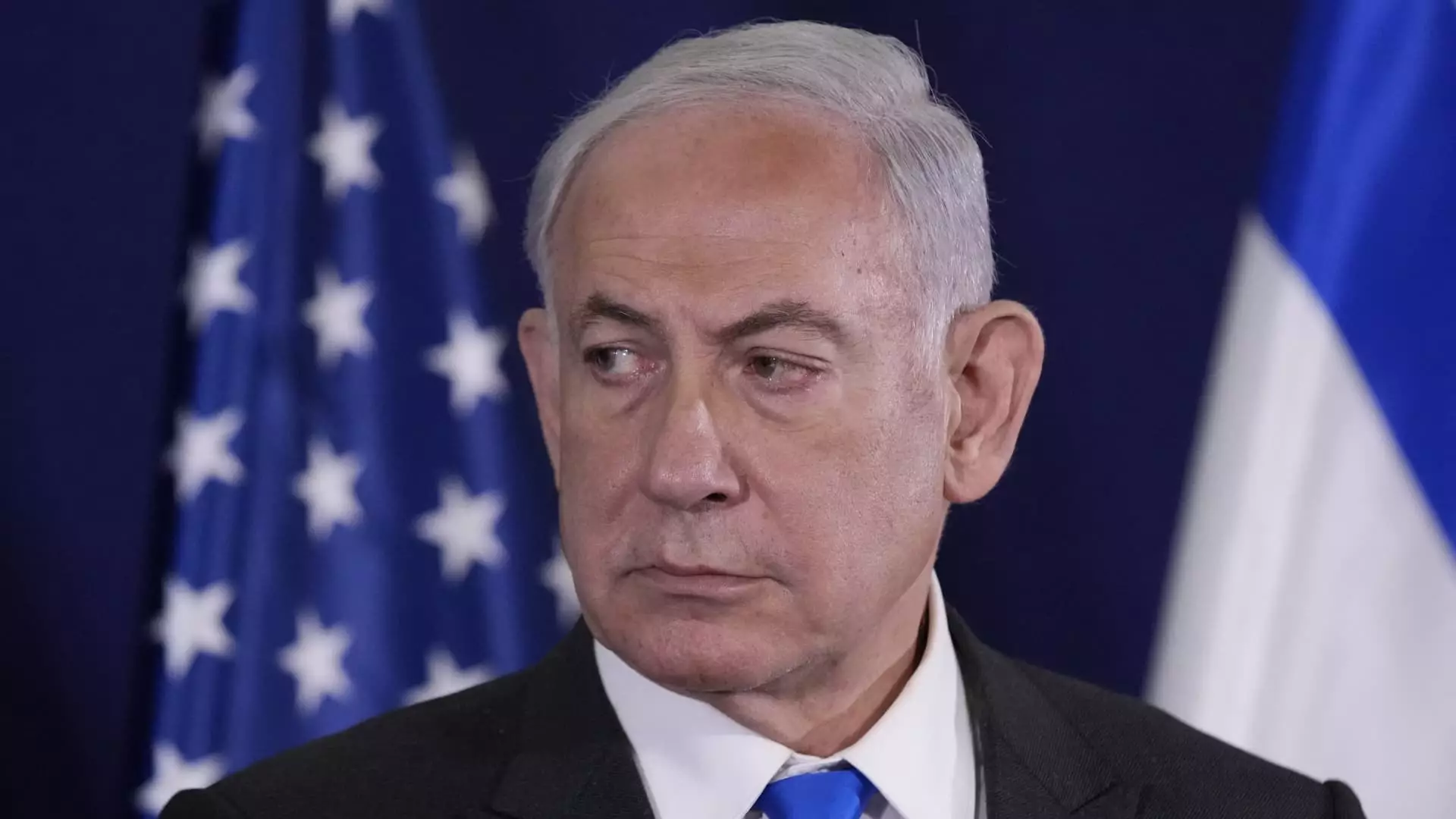Israeli Prime Minister Benjamin Netanyahu’s plan for the future of the Gaza Strip has stirred controversy, particularly with its call for ongoing military presence in the region and the establishment of a security buffer zone. This proposal has faced pushback from Washington, as it goes against the wishes of the United States, a staunch supporter of Israel’s right to self-defense. U.S. officials have made it clear that any proposed buffer zone within Gaza would be contrary to their position of no reduction in the size of the region.
Contentious Requests
Netanyahu’s plan also includes a request for a “southern lock” on the border between Gaza and Egypt, a stretch of land currently not under Israeli control. This request aims to prevent the rearmament of “terrorist factors” among Palestinians. Additionally, the plan calls for the complete demilitarization of the strip, with the exception of what is necessary to maintain civil order. The absence of any mention of the Palestinian Authority in the proposal is notable, as it highlights the strained relationship between Hamas-controlled Gaza and the PA.
Local Administration and Reconstruction
The Israeli proposal suggests that the Gaza Strip should be administered by locals not affiliated with terror-supporting states or organizations. Furthermore, Netanyahu calls for Israeli involvement in civilian matters such as education and religion within Gaza. However, the document indicates that any reconstruction efforts can only commence after the region has been demilitarized and radicalized elements have been eliminated. The closure of the U.N. Relief and Works Agency is also proposed, citing alleged involvement of some members in the terror activities of Oct. 7.
Netanyahu’s plan has brought to light divisions within his administration, particularly between his far-right domestic support base and more moderate members. While the Prime Minister has stated that there are no intentions to reoccupy Gaza or deport Palestinian civilians, some members of his government have expressed more extreme views. This internal conflict mirrors the broader disagreement with Washington’s vision for a two-state resolution to the Israel-Hamas conflict, which includes an independent Palestinian state led by the Palestinian Authority.
The toll of the Israel-Hamas conflict on civilian lives has been significant, with thousands of casualties reported on both sides. The international community, led by the U.S., has been advocating for a peaceful resolution to the conflict that ensures security for Israel and autonomy for Palestinians. Efforts to normalize relations between Israel and neighboring countries, such as Saudi Arabia, have been ongoing, with the hope of fostering stability and cooperation in the region.
Netanyahu’s plan for the future of the Gaza Strip has sparked controversy and highlighted the complex web of domestic and international interests at play. The proposal’s emphasis on security and demilitarization may be at odds with humanitarian considerations and diplomatic objectives. As the region continues to grapple with the aftermath of conflict and instability, finding a path towards peace and reconciliation remains a formidable challenge for all involved parties.


Leave a Reply